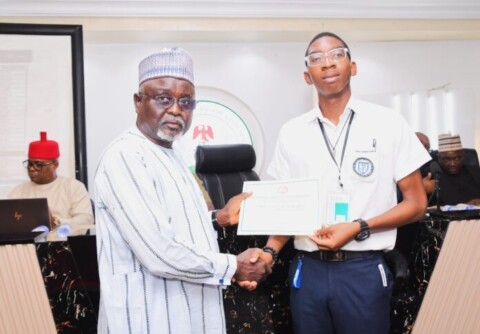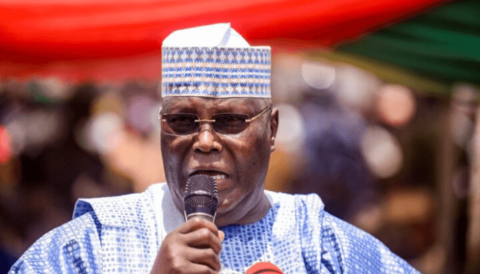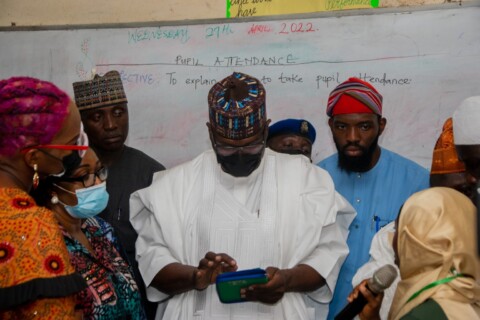The Executive Secretary of the Tertiary Education Trust Fund, Arc. Sonny Echono has advocated for a process devoid of undue political interference and financial influence in the selection of university leadership in order to achieve quality governance and educational progress in Nigeria.
The TETFund boss noted that despite the structural framework for appointing University Vice-Chancellors, the selection process is often marred by extraneous issues, including politicisation, corruption, ethnic and religious bias, a lack of inclusiveness, and transparency.
Echono stated this while delivering a Lecture on the Impact of Leadership Selection on Governance in Public Universities in Nigeria, being the 36th Convocation Lecture of the FederalUniversity of Technology, FUTO, Owerri, held at the University on Thursday.
He said, “Our universities have become increasingly local with majority academic and non-academic staff sponsored by local politicians and other leaders from the host communities. Political affiliation has also assumed overarching importance in the selection process of university leadership.”
He further said that the Independent National Electoral Commission’s (INEC) involvement of university leaders in the conduct of elections has become counter productive, stressing that such has encouraged politicians to sponsor candidates for the position of Vice-Chancellor, “in anticipation of returning the favour either to them or their preferred candidates to various electoral offices.”
Echono also canvassed for autonomy and adequate funding of the public universities in order to minimise undue external influence, saying, “Excessive interference lessens institutional flexibility which is essential to improve efficiency and productivity.”
He added that while government funding and public accountability are essential to the effective operations of a university, excessive control can stifle innovation, limit responsiveness to changing needs, and erode the very principles of higher education that public universities are meant to uphold.





